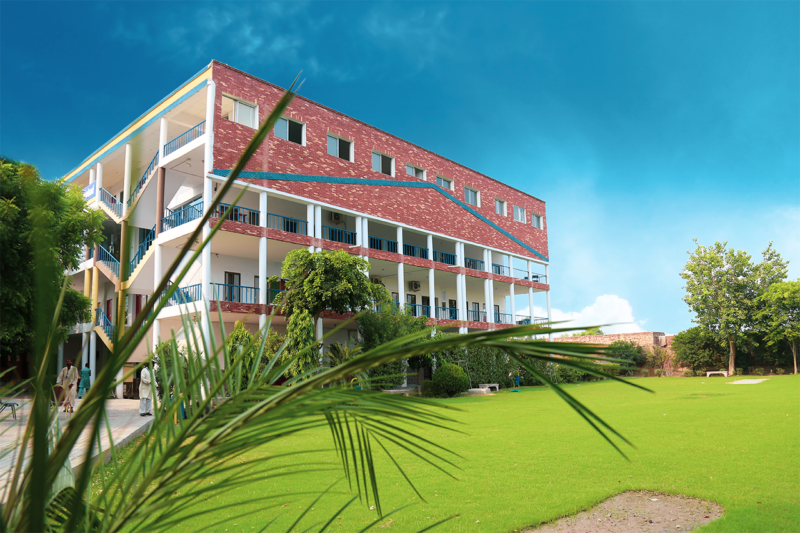M.Phil English Literature Program Educational Objectives
The M.Phil English Literature program aims to:
-
Pursue professional practices in English literature or advanced studies based on the technical skills and knowledge in literary theory, critical analysis, and supported disciplines.
-
Encourage students to develop and use abstract models in addition to applying respective methodologies in practical and scholarly situations.
-
Provide practical skills to the students to initiate their career in academic institutions, research organizations, publishing houses, and various fields related to literature.
-
Prove mastery of the English literature knowledge and skills necessary to work as a professional literary scholar, by demonstrating an understanding of current literary models, interpretative techniques, and critical practices.
-
Provide formal foundations for higher learning and contribute to the advancement of knowledge and innovation in the field of English literature.


